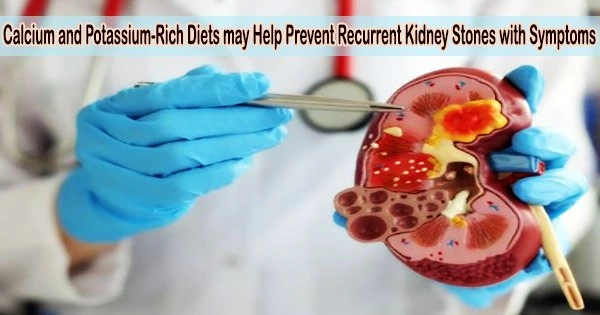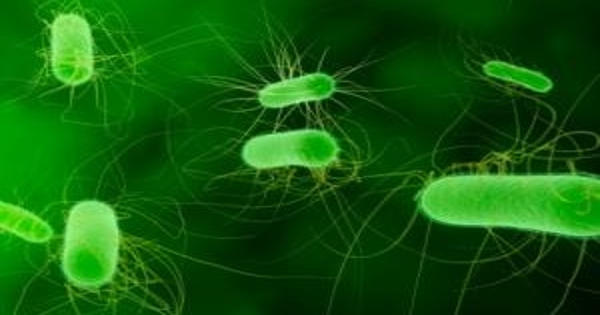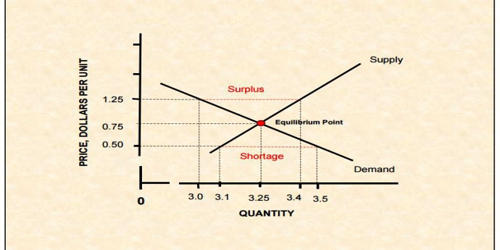In addition to causing agonizing agony, kidney stones are linked to cardiovascular disease, osteoporosis, and chronic kidney disease. You have a 30% probability of developing another kidney stone within five years if you’ve already had one.
Dietary modifications are frequently advised to stop kidney stones from symptomatically returning. However, there is no evidence on dietary adjustments for people who only get kidney stones once versus people who do so often.
Researchers at the Mayo Clinic created a prospective study to look into the effects of dietary changes. Their research demonstrates that adding foods high in calcium and potassium to the diet can help prevent kidney stones from developing again.
Dietary variables were determined using a questionnaire given to 411 patients who had first-time symptomatic kidney stones and a control group of 384 individuals. Both groups of patients were visited between 2009 and 2018 at Mayo Clinics in Rochester and Florida.
The results, which were reported in Mayo Clinic Proceedings, demonstrate that lower dietary intakes of calcium and potassium, as well as hydration, caffeine, and phytate intake, are linked to higher risks of developing a kidney stone for the first time.
Low dietary calcium and potassium was a more important predictor than fluid intake of recurrent kidney stone formation. This is not to say high fluid intake is not important. We just did not find benefits of increasing fluid intake among those patients with a history of kidney stone formation.
Api Chewcharat
Within a median of 4.1 years of follow-up among the patients who had stones for the first time, 73 of them developed stones again. Further analysis found that lower levels of dietary calcium and potassium predicted recurrence.
“These dietary findings may have particular importance because recommendations for preventing kidney stones have been based primarily on dietary factors associated with first-time rather than recurrent stone formation,” says Andrew Rule, M.D., a Mayo Clinic nephrologist and senior author of the study. “Patients may not be likely to adjust their diet to prevent an incidence of kidney stones, but they are more likely to do so if it can help prevent recurrence.”
According to the study, a daily fluid intake of less than 3,400 milliliters, or around nine 12-ounce glasses, is linked to the creation of new stones, along with coffee and phytate consumption. Daily fluid intake includes intake from foods such as fruits and vegetables.
Reduced fluid and caffeine intake can cause reduced urine volume and higher urine concentration, which can aid in the development of stones. Whole grains, nuts, and other foods include phytate, an antioxidant molecule that can increase urine calcium excretion and calcium absorption.
“Changing your diet to prevent kidney stones can be very difficult,” says Dr. Rule. “Thus, knowing the dietary factors that are most important for preventing kidney stone recurrence can help patients and providers know what to prioritize.”
“Low dietary calcium and potassium was a more important predictor than fluid intake of recurrent kidney stone formation,” says Api Chewcharat, M.D., the article’s first author and a postdoctoral research fellow at Mayo Clinic at the time of the study. “This is not to say high fluid intake is not important. We just did not find benefits of increasing fluid intake among those patients with a history of kidney stone formation.”
The study’s findings suggest that diets containing 1,200 milligrams of calcium per day may aid in the prevention of both new kidney stones and recurring kidney stones. The daily recommended nutrition from the Department of Agriculture is consistent with that intake.
Although a higher potassium intake is also advised, the USDA does not provide a daily potassium intake recommendation. The study also doesn’t recommend an intake level.
Dr. Chewcharat says the takeaway is that patients should add more fruits and vegetables that are high in calcium and potassium to their diets. Fruits that are high in potassium include bananas, oranges, grapefruits, cantaloupes, honeydew melons and apricots. Vegetables include potatoes, mushrooms, peas, cucumbers and zucchini.
Co-authors with Drs. Rule and Chewcharat are Charat Thongprayoon, M.D.; Lisa Vaughan; Ramila Mehta; Phillip Schulte, Ph.D.; Helen O’Connor; and John Lieske, M.D. all of Mayo Clinic and Erin Taylor, M.D., of VA Maine Healthcare System. Dr. Schulte reports personal fees from OxThera Inc. outside the work on this study.
Dr. Lieske reports grants and/or other fees from pharmaceutical and related companies identified in the article all outside this study and all paid to Mayo Clinic. The other authors report no competing interests.
















